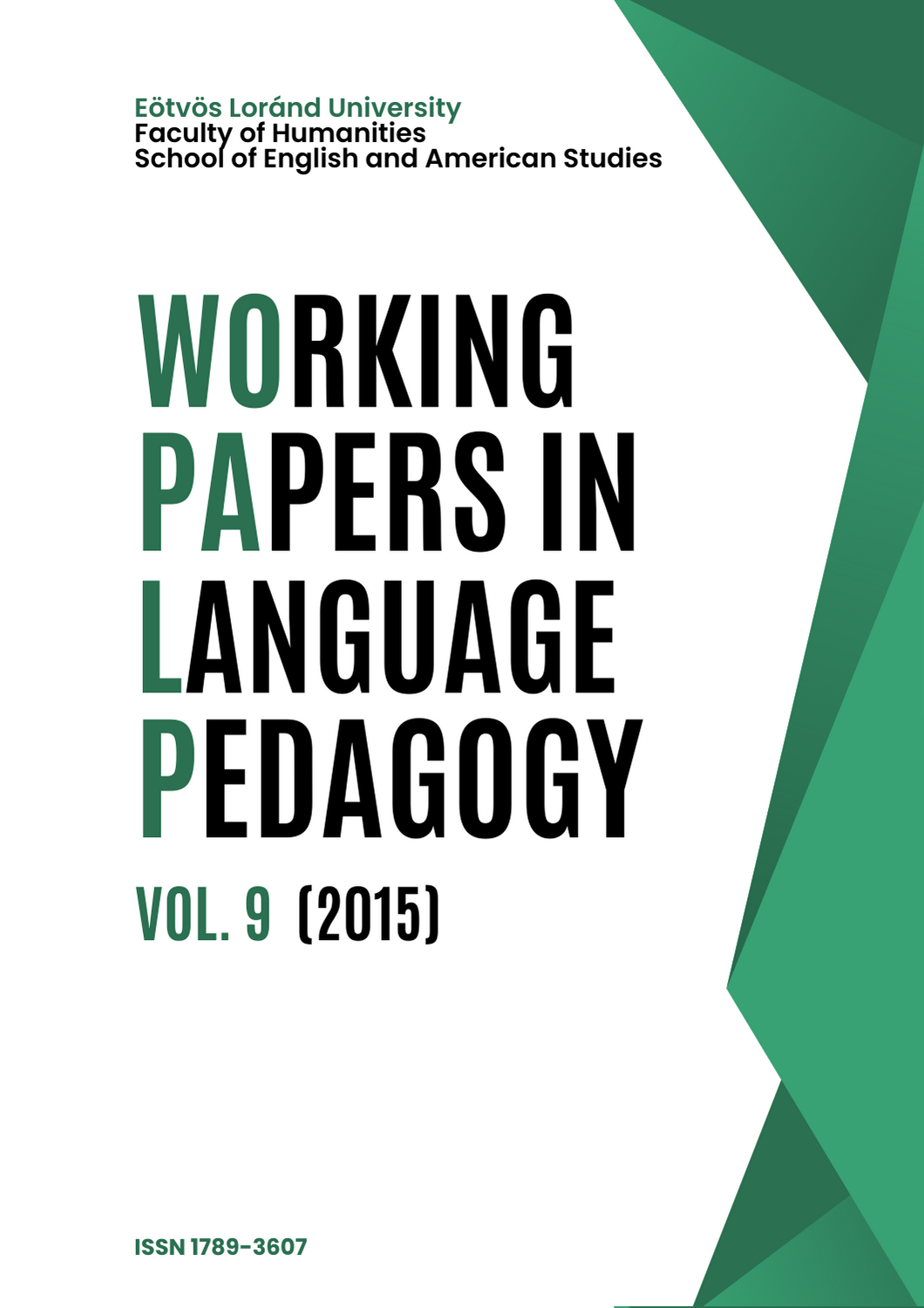EFL Teacher Trainer Beliefs and Practices at a Hungarian University - Validating Instruments for a Pilot Study
DOI:
https://doi.org/10.61425/wplp.2015.09.58.81Keywords:
teacher development, teacher beliefs, beliefs and practices, teacher trainers, research validationAbstract
Training great teachers is the ultimate goal of teacher education (Almarza, 1996; Brown & McGannon, 1998; Nunan, 1992, etc.). While the contents of the various certificate, diploma and Master's-level courses vary, all these courses have a common goal: training "good" ELT professionals. As the category "good" and what it constitutes vary according to the aims and outcomes of these courses, the emphasis is on different issues in teaching and teacher training. The aim of this paper is to validate the instruments used to explore the complex interplay of teaching beliefs and actual teaching practices of three Hungarian teacher trainers at one of Hungary's leading ELT training institutions and investigate whether trainers' beliefs are supported by their teaching practices using three instruments: an interview schedule for trainers, another interview schedule for the trainers' trainees, and classroom observations. The findings indicate that although there is remarkable variation in teaching beliefs, styles and classroom practices among experienced teacher trainers, they have a realistic view of their teaching practices possibly due to self-reflection. The instruments in the study provided valuable insights through triangulation and further refinements are suggested to better investigate the research subject. Using the results, further studies could investigate the transmission of beliefs from trainers to trainees during apprenticeship of observation (Darling-Hammond, 2000).




